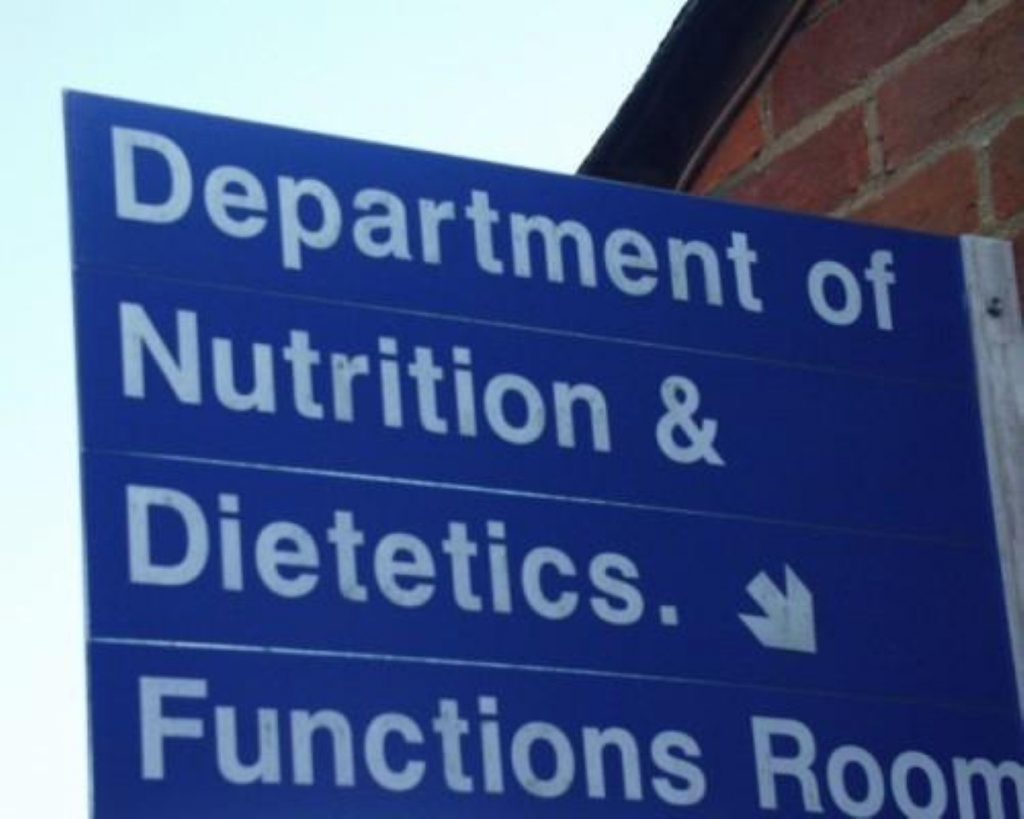Warning issued on children’s salt intake
Nutritional experts have today warned that the salt intake of children is too high.
The Food Standards Agency (FSA) has issued salt intake targets for children for the first time having expressed concerns that high intake could lead to health problems in later life.
In particular, parents are warned to cut the levels of salt they use in cooking, at the table, and are advised to check food labels when buying food.
Sir John Krebs, FSA Chair said: ‘There are important health benefits from reducing salt intake, and we have today set new guidelines for children’s salt intake on the basis of the best scientific evidence.’


The FSA targets – based on a new report by the Scientific Advisory Committee on Nutrition (SACN) – recommend that babies under six months old should have less than 1 gram of salt a day and those aged seven to 12 months one gram a day.
Children aged one to three should have 2 grams of salt a day; children aged four to six, 3 grams a day; those aged seven to ten, 5 grams a day; and children 11 to 14, 6 grams a day.
Official research indicates that children are currently consuming above these targets but the FSA claims that even these estimates are conservative because they do not gauge salt added during cooking and at the table.
The body also argues that the findings of the report confirm previous advice that reducing current salt consumption by one-third for adults would have significant public health benefits.
Such a reduction would reduce average population blood pressure levels, leading to a reduction in the risk of stroke and heart disease for the UK population as a whole.
Professor Sir Liam Donaldson, the Chief Medical Officer, said: ‘A multi-pronged action is required to reduce the population risk of developing high blood pressure, which includes cutting the level of salt in the diet along with encouraging children and adults to eat more fruit and vegetables, maintain a healthy weight and be physically active.’
Sir John called on the food industry to take the lead on the issue in the light of figures, which show that about three quarters of salt intake is from processed food.
He said, ‘While consumers can add less salt at the table and in cooking, they cannot change the amounts of salt in processed foods, which make up, by far, the highest proportion of our salt intake.’
‘This is the responsibility of the food industry. We are urging all food manufacturers and retailers to set targets for reductions in levels of salt in all processed foods.’












